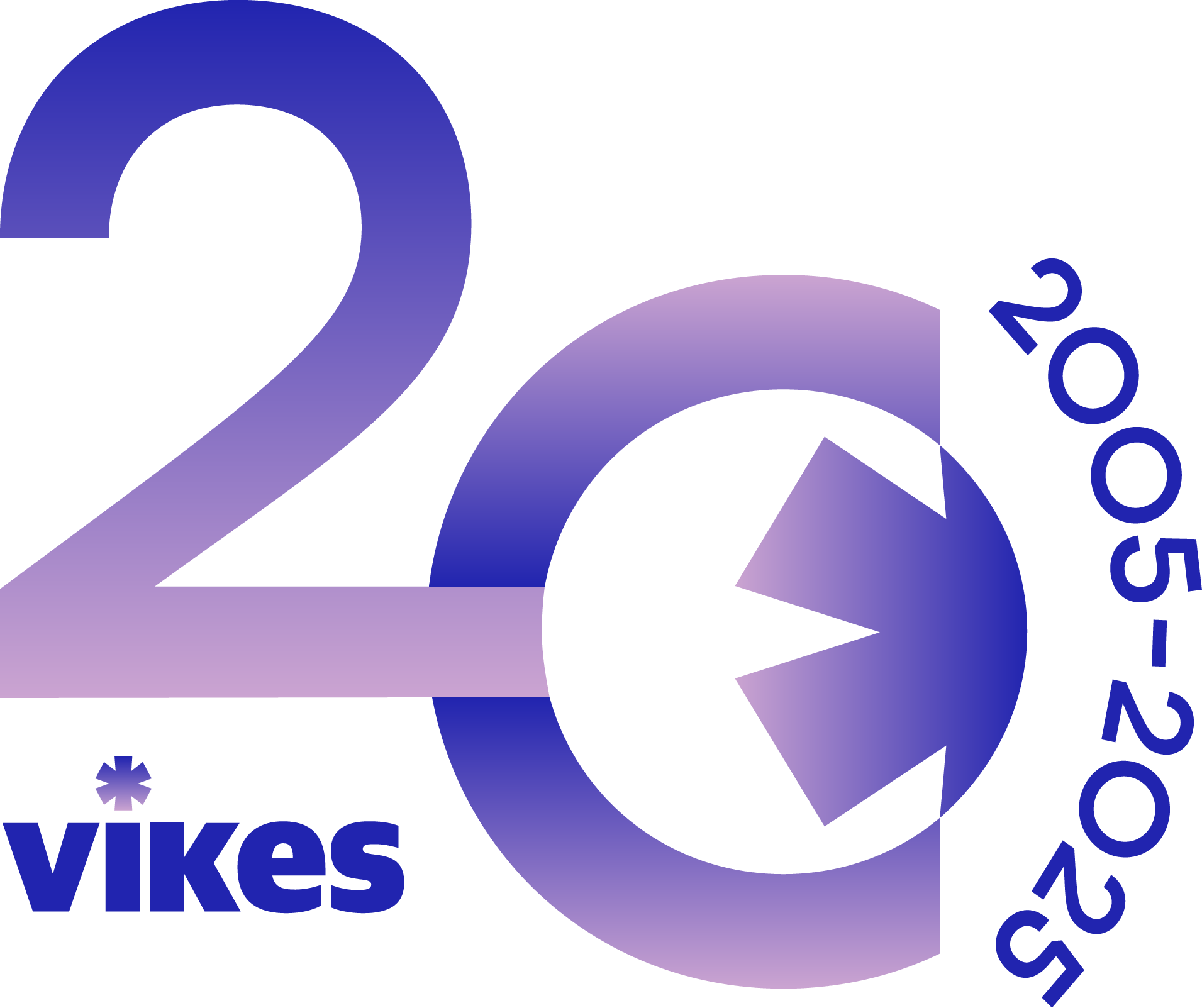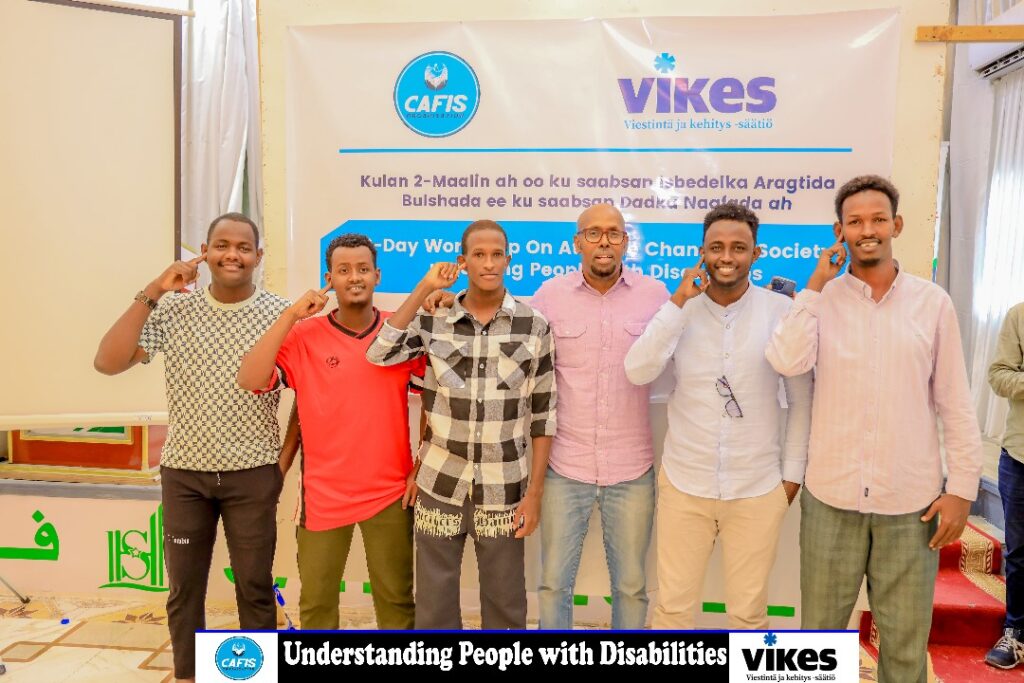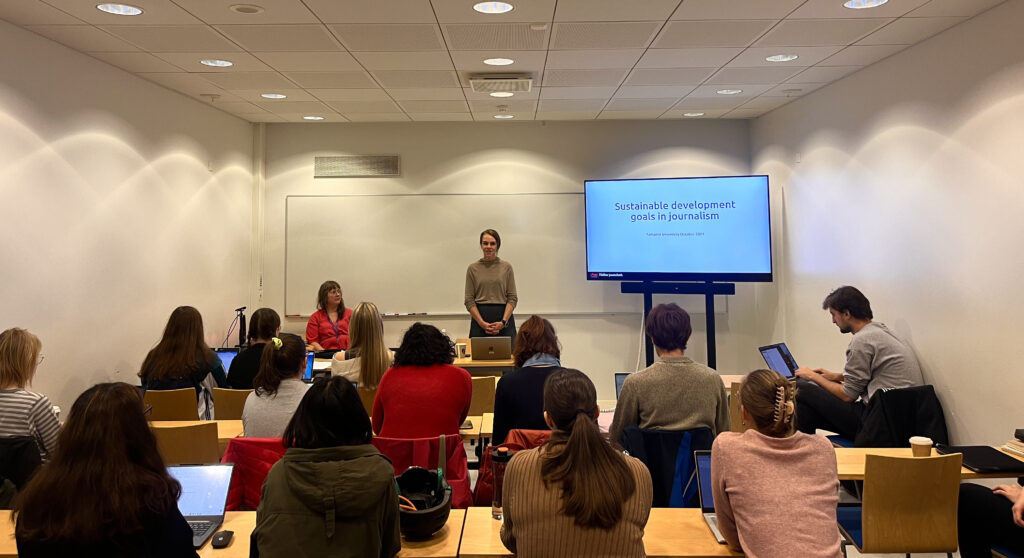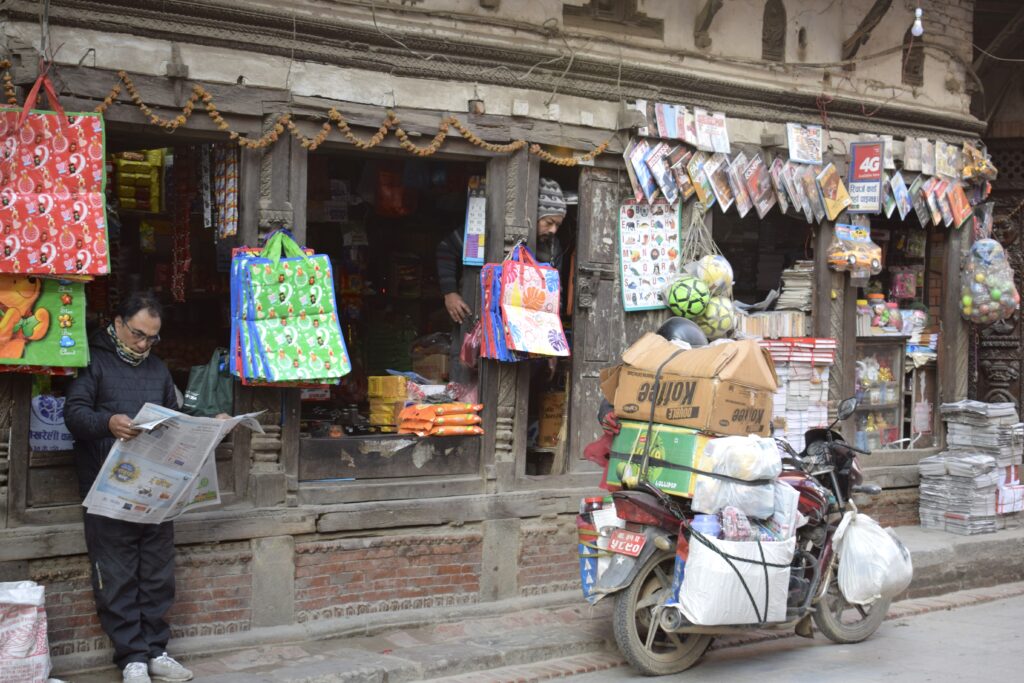March Vikes a new chairman, long-time journalist Jarmo Koponen, was appointed to the board.
In April Vikes team renewed as a global education expert and Make the media more diverse now! –project led by started at supplier- tfiction writer Kristiina Markkanen and communications expert and communications professional Tiina Helin.
What direction do the newcomers hope to take the Foundation?
Development cooperation is no longer done somewhere out there, as it has been brought closer to Finnish society.
For Jarmolle journalism has been a way of life, and after a 40-year career in journalism, the Vikes presidency seemed the right place to draw on the expertise he has gained in international journalism.
From Jarmo’s perspective, what does development look like today?
“In the past, development was a development industry.
Over time, however, the field has evolved to promote local peace education and global education.
These themes are also an integral part of Vikes’ activities.” Jarmo explains.
According to Jarmo, the role of development cooperation in Finnish society has changed over the past decades.
Today, development cooperation focuses on building global cooperation capacity, and work is being done both in Finland and elsewhere.
“The greatest good of development cooperation is a shared understanding of what it is all about. It is important to build solidarity and consensus that is shared both globally and trans-generationally.”
Jarmo stresses how single meetings can have multiple effects.
The beauty of journalistic development cooperation lies in the opportunity to bring together the best practices developed by local journalists and see if this knowledge could be useful elsewhere.
“We must have the courage to debate the need for aid and where it is needed, and for that we have a free media and the right to express our opinions. Only one in seven people in the world has this opportunity. We have been helped, and today we can be useful as journalists to each other.” Jarmo concludes.
Vikes’ mission is to develop media pluralism from a global perspective not only in Finland, but also in the Global South
For Kristiina Vikes fittingly combines the themes of journalism and development, “both dear species,” Kristiina says.
Kristiina is particularly interested in the development and transformation of journalism from the perspective of digitalisation and decolonisation.
Long experience as a journalist, freelance journalist, communications and non-fiction writer has brought Kristiina to a point in her career where she wants to share what she has learned with future generations, while constantly learning more herself.
As an expert in global education and media pluralism, Kristiina meets with journalism students, researchers and developers in the field.
“Working with student journalists means keeping up with the times and social change.”
Kristiina also sees differences between generations of journalists: ‘I am part of a generation that was taught to believe in objective journalism and was strict about agenda journalism. When I lived in the US in the 1990s, I often came across journalists who were also activists. At the time I thought it was strange, but I see the same trend here now.”
“Maybe we older journalists have something to learn from the young and they have something to learn from us. Personally, I’m interested in exploring new types of journalism, such as sustainable journalism and solution-oriented journalism. But remembering that truthfulness and even greater transparency are the foundation of all journalism, and also a competitive advantage against disinformation and fake news.”
Kristiina has noticed that the younger generations are finding it much more challenging to navigate journalism under the pressure of digitalisation, algorithms and activism than journalists who started out earlier.
These are the reasons why Kristiina sees cross-generational journalistic collaboration and peer learning as particularly relevant themes.
Vikes’ expertise is key to meeting the changing needs of the Finnish media landscape
Tiina’s is rooted in a sociological worldview combined with an interest in global cooperation and the defence of democracy and freedom of expression.
For Tiina, Vikes brought together important values; justice, solidarity and the role of the media as a cornerstone of democratic decision-making.
“I see Vikes’ expertise and global networks as having a huge contribution to make to the Finnish media scene. Our world is changing and focusing on a Western-centric worldview is no longer enough to serve our information needs. Vikes has a great opportunity and expertise to raise people’s awareness by combining journalism and global education in communication.”
Tiina thinks that today’s development cooperation is all about cleaning up our own property; how do we talk about things, who gets a voice, what outdated and exclusionary ways of thinking do we reproduce in the media without being noticed?
And how much do we allow commercial logic and the media’s economic focus to drive our news?
“A global and international Finland is not the future, but the present. That’s why we in the local media should keep up with this development. This is the direction we want to take Vikes’ media contributions in,” Tiina concludes.



